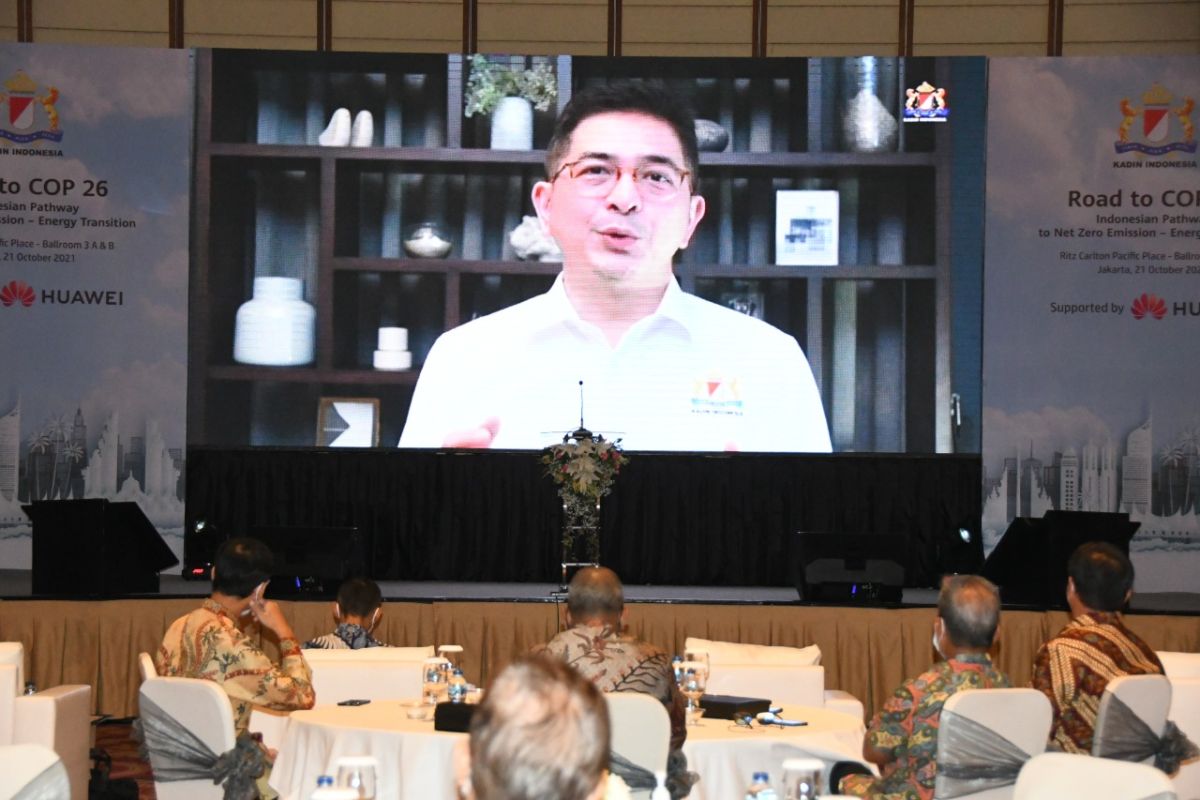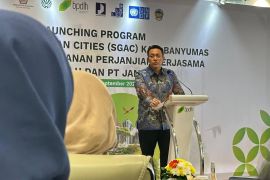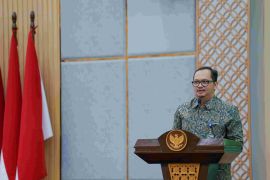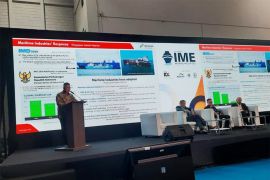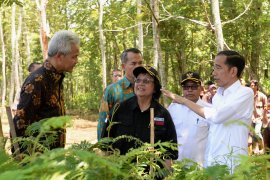Kadin asserted its commitment to involving the private sector to become the agent for applying this policy and plans to integrate it into the cycle of economic activity to support the decarbonization effort.
"Kadin has observed that several domestic, regional, and international parties have conducted the Environmental, Social, and Governance (ESG) practice and are keen to partake in the development of renewable energy in Indonesia," Indonesian Kadin's Chairman, Arsjad Rasjid, noted in a written statement here on Friday.
Rasjid lauded the government's commitment to facilitating the decarbonization effort, such as through the issuance of the Electricity Provision Effort Plan (RUPTL) by the Energy and Mineral Resources Ministry and state-owned electricity company PT PLN.
Related news: Indonesia's carbon emission reduction depends on 5 sectors: minister
Kadin also observed that several private enterprises were interested in installing solar energy panels as part of the decarbonization efforts, he noted.
He is optimistic that Kadin would encourage greater investment in the solar rooftop value chain in the form of solar panel shapes, power electronics, energy storage, and Engineering-Procurement-Construction (EPC) service.
This is due to the increasingly maturing business model and payment scheme around the solar energy panel industry.
"This will create a positive feedback cycle that would allow the creation of a green economy or green industry," Rasjid explained.
The role of private sector in the development of renewable energy or decarbonization effort is not only limited to the greenhouse gas mitigation endeavor alone, he noted.
With the right strategy, this effort can fuel the growth of a new industry and can have a multiplier effect in terms of the benefits to be reaped by Indonesia, according to Rasjid.
Related news: Indonesia encourages utilization of CCUS technology
Translator: Ade irma Junida, Fadhli Ruhman
Editor: Rahmad Nasution
Copyright © ANTARA 2021
